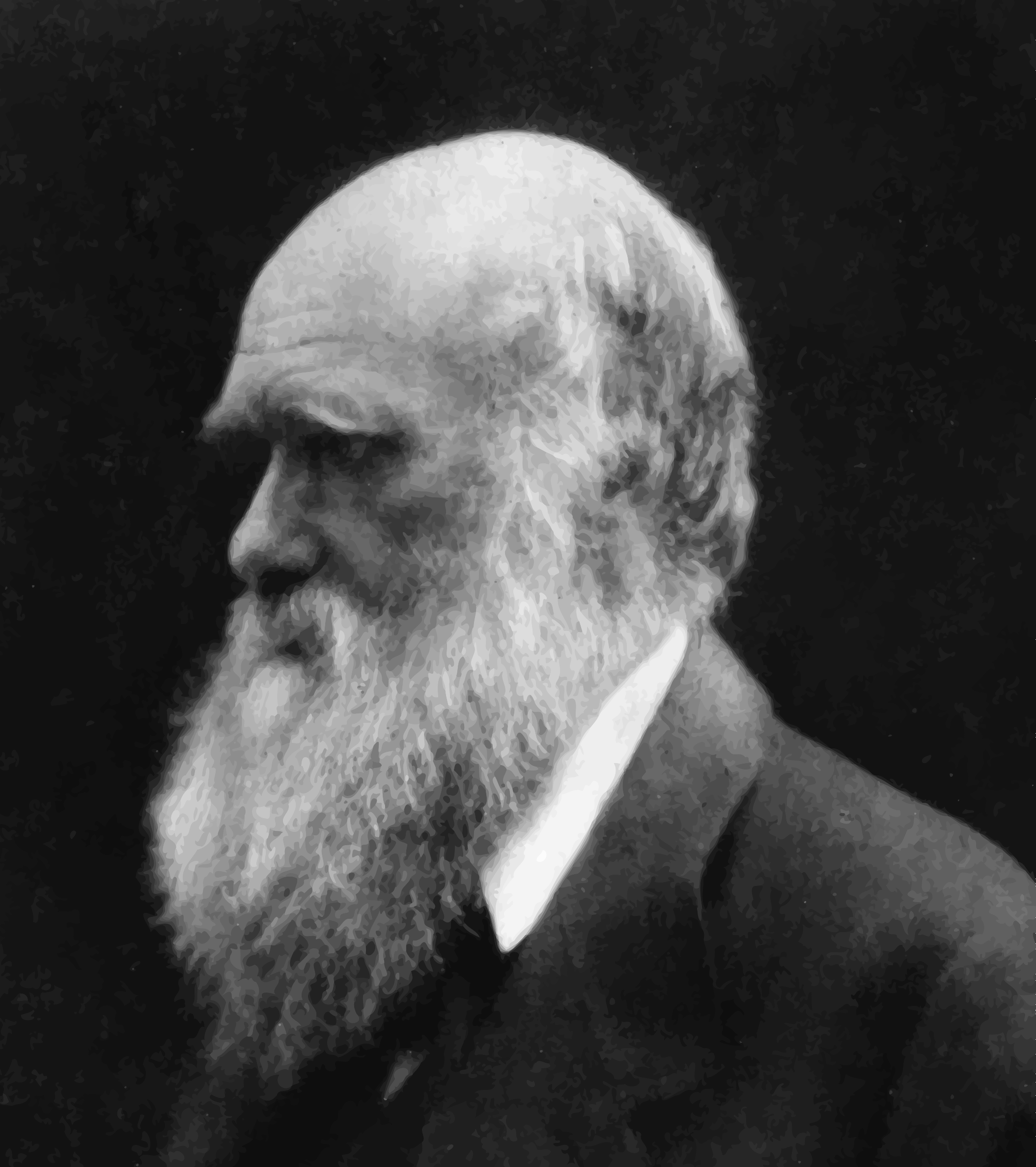Descartes, Darwin, Dennett: Paradigmatic Changes in our Perception of Animals and Mind
Descartes proposed that animals are no more than machines. A grandiose thought, because it prompted the question: “How then does it work”?, which triggered the flourishing of empirical biology and physiology. Descartes also regarded man as a machine, but with something extra, the non-physical λόγος or ratio, which is compliant with customary dualistic body-mind thinking. Then came Darwin. He viewed both body and soul as a product of evolution and natural selection. And now there is modern behavioural biology and the comparative cognition and neurosciences, which pulverise the traditional man-animal dichotomy.
Jan van Hooff is a Dutch biologist. He was professor of comparative physiology at Utrecht University. He is most famous for his research on the behaviour of primates. After reading the book The Expression of the Emotions in Man and Animals by Charles Darwin he started researching the facial expressions of primates. First as a student of Nikolaas Tinbergen at Oxford, later on in New Mexico. Van Hooff is fascinated by animal behaviour. As a child, he grew up in the Dutch zoo Burgers’ Zoo, founded by his grandfather. In 1971, it was in this zoo that that he housed a large group of chimpanzees. His PhD student Frans de Waal later extensively studied these primates.
This lecture is part of the lecture series Birth of Reason, but can be attended as an individual lecture. More information about the lecture series and registration here.

Auditorium, Minderbroedersberg 4-6
Extra Information
Date
Thursday 11 October, 19:30
Entrance
Register here for this lecture.
About the speaker
Prof. Jan van Hooff
em. Professor in Ethology & Socio-ecology, Utrecht University